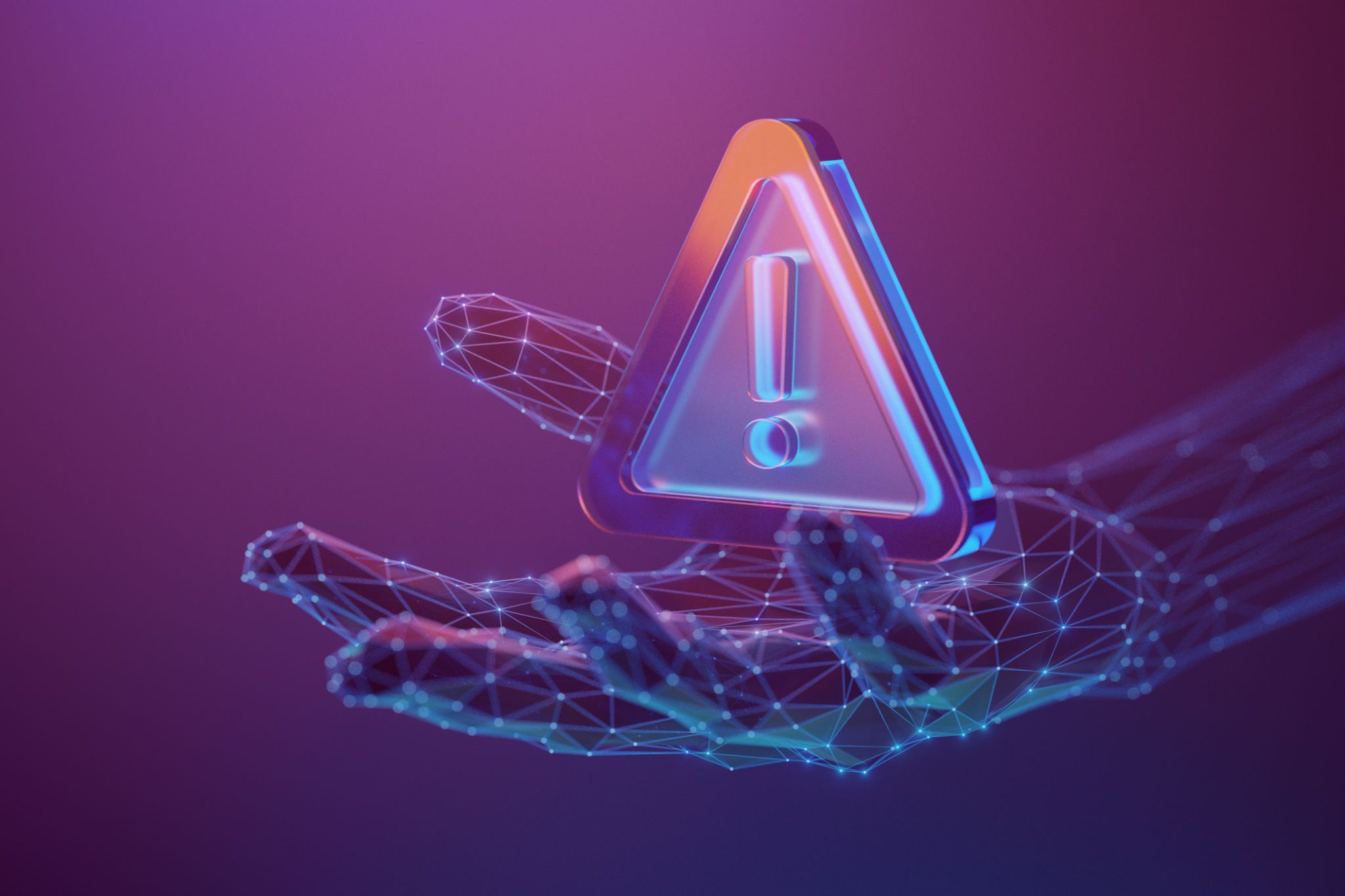Debunking Common Myths About AI in Business
Understanding AI in Business
In recent years, artificial intelligence (AI) has become a buzzword in the business world. However, with its rise in popularity, many myths and misconceptions have also emerged. To leverage AI effectively, it's crucial to separate fact from fiction. This blog post aims to debunk some common myths surrounding AI in business.

Myth 1: AI Will Replace Human Jobs
One of the most prevalent myths about AI is that it will inevitably lead to massive job losses. While it's true that AI can automate repetitive tasks, it is more of a tool for augmenting human capabilities rather than replacing them entirely. AI can handle data processing, freeing up employees to focus on more strategic and creative tasks. In fact, AI often creates new job opportunities that require skills in technology management, ethics, and data analysis.
Myth 2: AI Is Only for Large Corporations
Another common misconception is that AI is only accessible or beneficial to large corporations with vast resources. On the contrary, AI technologies are becoming increasingly affordable and accessible, even for small and medium-sized enterprises (SMEs). Cloud-based AI solutions allow businesses of all sizes to harness the power of AI without needing extensive infrastructure investments.

Myth 3: AI Can Function Without Human Intervention
Some believe that once an AI system is set up, it can run autonomously without any human oversight. However, AI systems require continuous monitoring and updating to ensure they are functioning correctly and adapting to new data inputs. Human intervention is essential for maintaining AI's accuracy and relevance over time.
Myth 4: AI Guarantees Immediate Results
AI is not a magic wand that will deliver instant success. Implementing AI solutions requires time, effort, and strategic planning. Businesses must invest in training their workforce and integrating AI with existing systems to realize its full potential. The benefits of AI often accrue gradually and need a long-term commitment from the organization.

Myth 5: AI Lacks Creativity
While AI excels in processing and analyzing data, many assume it lacks creativity. In reality, AI can be a powerful tool in the creative process. For example, AI algorithms can generate new music compositions, assist in designing products, or even write engaging content. When used alongside human creativity, AI can lead to innovative breakthroughs.
Myth 6: AI Is Infallible
Some people mistakenly believe that AI systems are perfect and make no errors. However, AI is only as good as the data it is trained on. Biases in data can lead to biased outcomes, and errors in programming can result in incorrect conclusions. Therefore, continuous validation and improvement of AI systems are necessary to maintain their effectiveness.

The Future of AI in Business
As businesses continue to explore the potential of AI, it's essential to approach it with a clear understanding of its capabilities and limitations. By debunking these myths, organizations can make informed decisions about integrating AI into their operations. Embracing AI with realistic expectations will help businesses innovate, improve efficiency, and stay competitive in the ever-evolving marketplace.